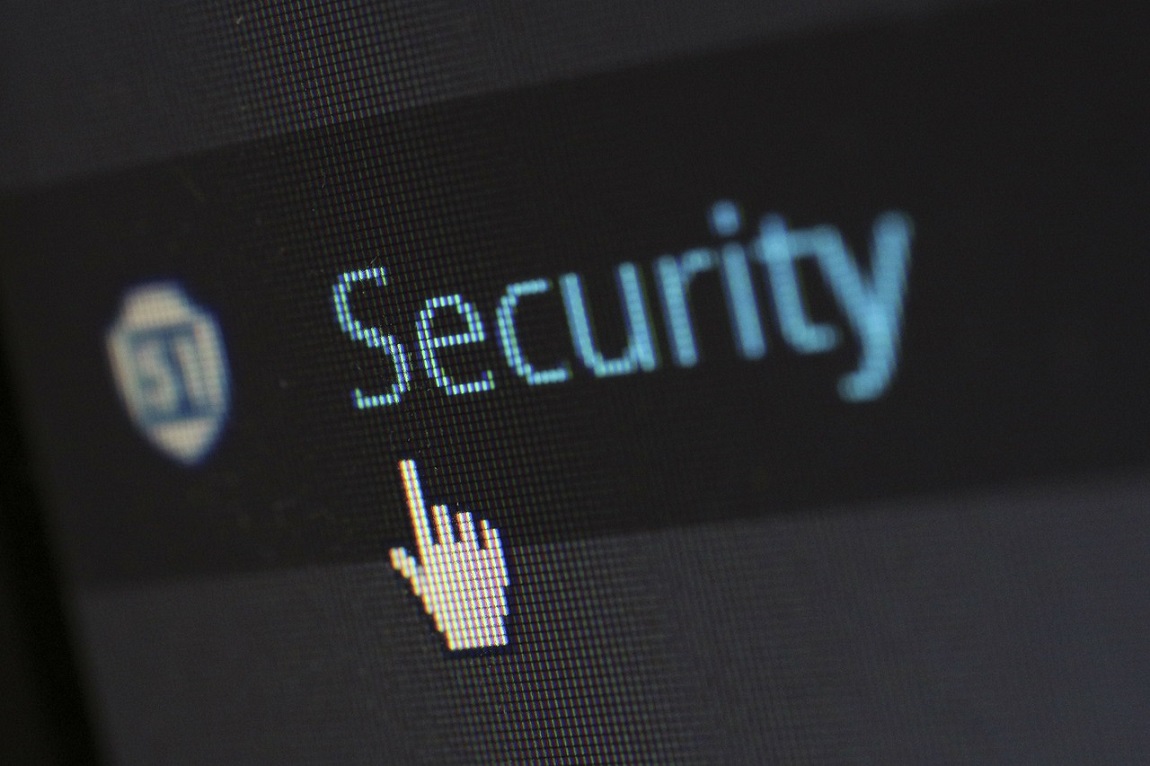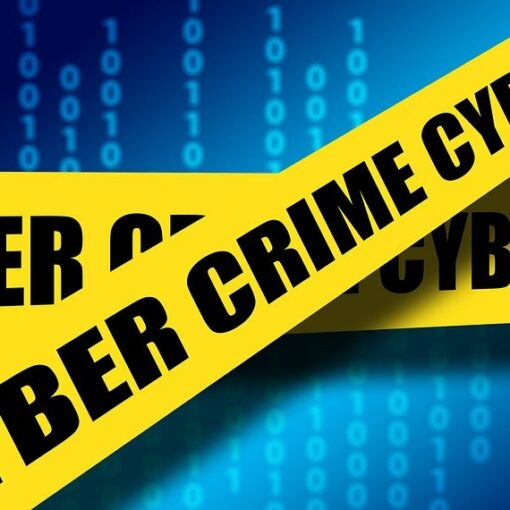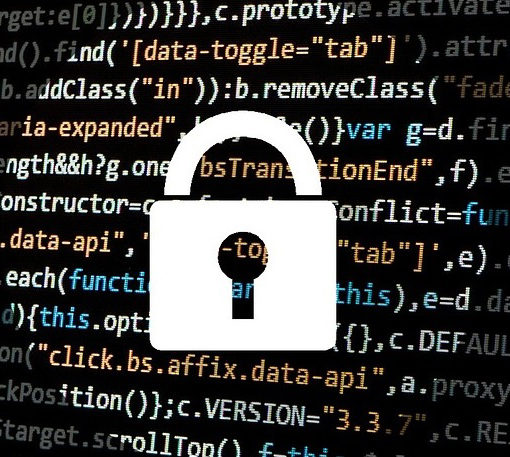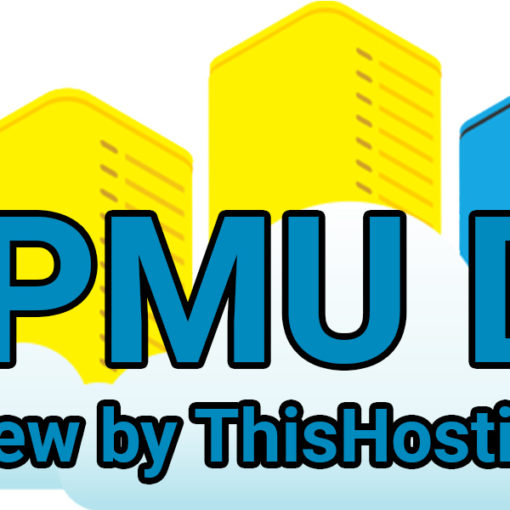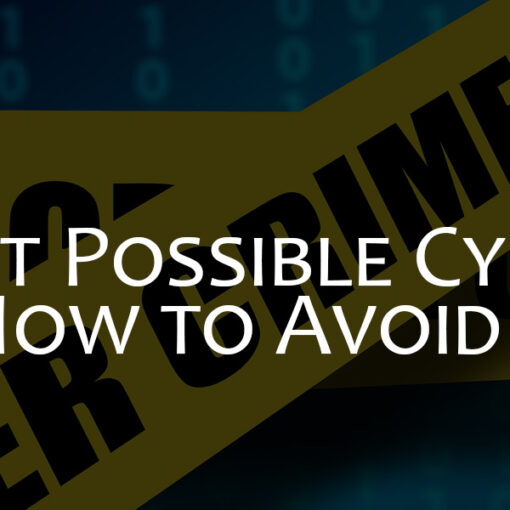WordPress is one of the most popular solutions when it comes to setting up a website with dynamic content quickly and without much effort. That has also made it a popular target for attackers looking to steal information and cause chaos. If you’re using WordPress yourself, you should keep a few critical points in mind to avoid getting compromised.
Sure, not much will protect you against a direct, targeted attack. But for the other 99.9% of cases you’ll have to deal with, taking a few steps can go a long way toward minimizing the risk of an intrusion.
Be Careful with Plugins and Themes
Plugins are responsible for a large number of security breaches when WordPress is involved. Don’t get the wrong idea – WordPress plugins are generally fine. Being careless with how you choose them is far from fine though. A malicious plugin can gain control over various areas of functionality of your website, and you may not even be aware that anything is wrong. A general guideline among the WP community is to avoid using a lot of plugins due to compatibility issues and the increased likeliness of using an outdated or vulnerable plugin.
Always verify that the plugin is legitimate, comes from a known source, and has been around for a while with plenty of positive reviews and regular updates. If you have to use something more special, consult with an expert before installing it.
Similarly to WordPress plugins, the same tips apply to WordPress themes too.
Looking for a great WordPress hosting provider? Check out our comparison and guide.
Follow Reasonable Password Rules
Using a strong password is hopefully something you’re already doing. But proper password discipline goes beyond that. You must never reuse any login credentials, especially ones that can give access to admin functionality on your website. Never store your passwords anywhere. This includes any scripts that you might be running that interact with your website remotely.
If you insist on running those, set up separate accounts for them and strip them of all unneeded privileges. Always assume that a hacker may eventually gain access to these types of credentials sooner or later.
For even better security, use 2FA like Google Authenticator
Use a VPN
Never connect to your WordPress site without protection if you have access to it. A VPN subscription can be very cheap these days, and it can go a long way toward keeping your connection safe and secure. This is even truer if you’re connecting from unknown places, like a coffee shop or your college WiFi. Always treat public networks as compromised and assume that someone is watching your every move.
It can’t hurt to have that mentality for your home connection either though. A VPN can prevent a large number of incidents related to security, even outside of the WordPress area. Just make sure to pick a good one. Read – https://nordvpn.com/review/ – through a NordVPN review and compare it with some other popular services to find out what’s currently hot on the market and stick to those offers.
Know Your Team
If you work with other people, remember the old saying – “a chain is only as strong as its weakest link.” You might have the best password rules in the world, but that won’t matter if someone else in your team is careless about their own security. And if that someone else has elevated privileges in the backend, it’s only a matter of time before something happens and they get your entire website compromised.
That said, even clumsy, distracted people can be useful with other skills. Just make sure that you don’t give them more access than they actually need. And if necessary, run some extra monitoring on their accounts to keep things in check. You can even use a plugin like User Role Editor to fine-tune the permissions and access certain users have. It’s especially helpful in situations where someone needs access to a particular area of your WordPress that only admins have access to, but you don’t want to give the user full admin access. Be careful when granting permissions though!
Keep Everything Up to Date
A tip you’ll hear quite often – so often, in fact, that some people have started to tune it out. Getting careless with software updates is a recipe for disaster. A large number of security breaches happen due to unsecured, outdated software. And preventing these is as easy as clicking “Yes” the next time you’re prompted to install an update. Yes, it takes a few minutes. Yes, you’ll be unable to complete your tasks during that time. No, it’s not the end of the world. In fact, if you plan around it, you can have everything done by the time you’re back with your cup of coffee. Make sure to take a backup before updating and you’ll be fine.
Everyone in your team should be using up-to-date software at all times. Enforce strict rules if necessary. It’s better to deal with an annoyed teammate who can’t connect when using an outdated browser than with the mess that follows a security breach.
These tips are only the tip of the iceberg. Securing your WordPress website, local computer, your network, and your server are not easy tasks. You’ll have to do thorough research or hire security experts.
WordPress by itself is a very solid and secure application. The reason you often hear its name in the context of security breaches is that many people tend to be careless about their own security. And when you have an application that’s used by millions, to begin with, there are bound to be lots of incidents on a regular basis. As long as you’re careful about your own security practices though, that’s all that matters.

